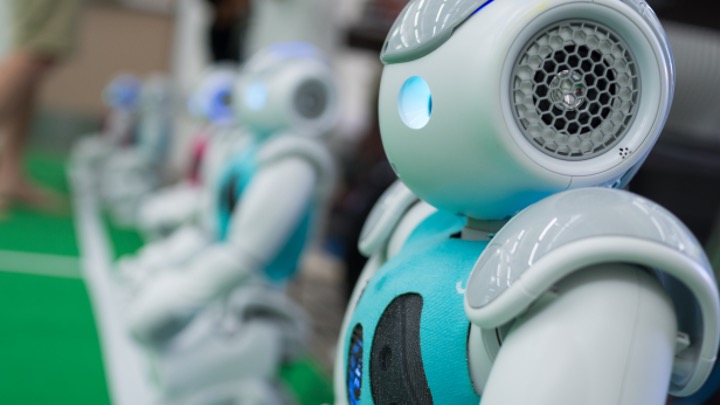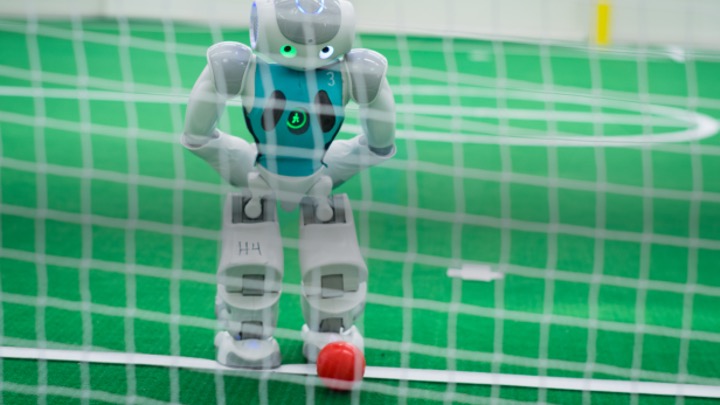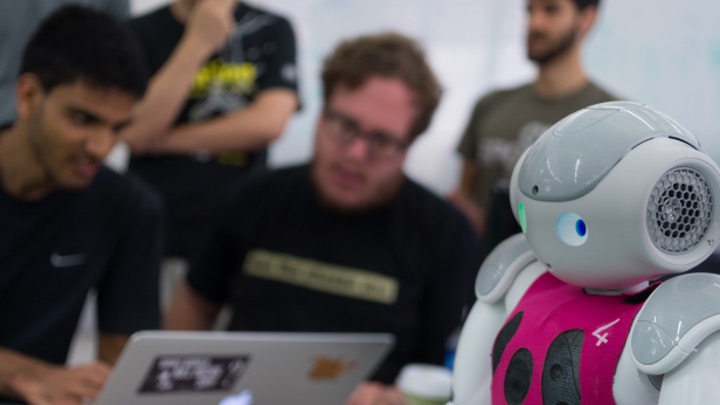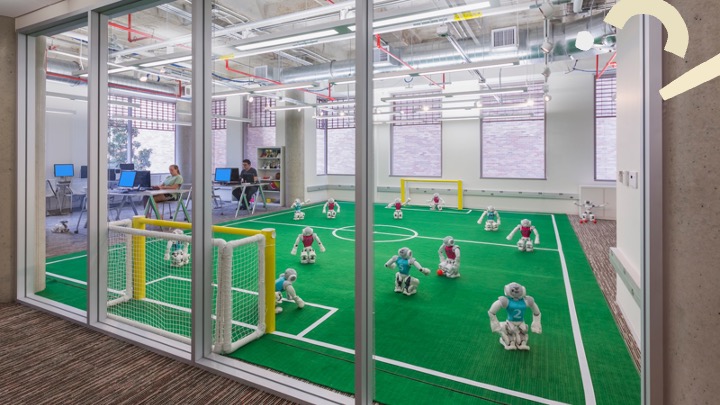Full six-page papers
Papers of at most 6 pages in IEEE double column format will undergo peer-review, and accepted and presented submissions will be included in the conference proceedings published by IEEE Xplore. Up to two extra pages are acceptable for a publication fee of $100 per page. Accepted papers will be invited for presentation either in oral or poster format. Please make use of the template provided here.
Workshops & Tutorials
Half-day workshop and tutorials will be held on May 20, 2024 (the first day of the meeting). Proposals should be no more than two pages and should include a title, an abstract, a description of the workshop or tutorial concept, the target audience, a list of presenters, information on whether the session will be open to paper or poster submission, and a link to the workshop or tutorial website if applicable. Please make use of the template provided here.
1-page poster abstracts
To encourage discussion of late-breaking results or for work that is not sufficiently mature for a full paper, we will accept 1-page abstracts. These submissions will not be included in the conference proceedings. Accepted abstracts will be presented during the poster session.
Journal-track posters
Journal track poster submissions must be about a journal paper that has been published recently (no earlier than December 2022), on a topic relevant to ICDL. Journal track submissions should consist of a single PDF that contains the following information:
Title of the original paper
Abstract of the original paper
A complete reference to the original paper in APA format
URL where the paper can be shown to be formally published by the publisher (even if early access)
URL where the paper with its final camera-ready contents can be freely download for the evalution process
A brief description (no more than half-page) to explain why the authors believe that the paper is relevant to ICDL
Click here to submit your full paper, workshop/tutorial proposal, poster abstract, or journal track abstract.
Important Dates:
Full 6-page paper submission deadline: January 8th, 2024 January 15th, 2024
Workshop & Tutorial submission deadline: January 15th, 2024
1-page poster abstract submission deadline: March 1st, 2024 March 8th, 2024
Journal track poster submission deadline: March 1st, 2024 March 8th, 2024
Decision notifications: March 1st for full paper track, March 15th for poster and
journal track
Guidance for IEEE Publications Regarding AI-Generated Text
The IEEE Publication Services and
Products Board has recently passed the following motion (“The use of artificial intelligence (AI)–generated text in an article shall be disclosed in the acknowledgements section of any paper submitted to an IEEE Conference or Periodical.
The sections of the paper that use AI-generated text shall have
a citation to the AI system used to generate the text.”). Please
check the “Guidance for IEEE Publications Regarding AI-Generated Text” in the MCE newsletter here















